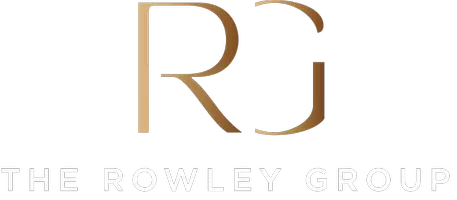
Understanding 3-2-1 Buy Down: A Mortgage Program That Can Save You Money!
If you're in the market for a new home, you may have come across the term "3-2-1 buy down" during your research. This type of mortgage program can be a great option for homebuyers who want to save money on their monthly mortgage payments. Here's everything you need to know about 3-2-1 buy down. Wh

Mortgage Mayhem: Navigating the Wild World of Homebuying (with a Sense of Humor)
Buying a home can be one of the most exciting and daunting experiences in your life. One of the most important things you need to understand is mortgages. Mortgages are loans that are used to purchase a property. While they are a necessary part of buying a home, mortgages can be complex an

Title Insurance: Protecting Your Property and Your Peace of Mind
Buying a home is one of the biggest investments you'll make in your lifetime. Whether you are a first-time homebuyer or a seasoned real estate investor, purchasing a property can be a complex and daunting process. One of the most important steps in this process is obtaining title insurance. In this
Categories
Recent Posts












